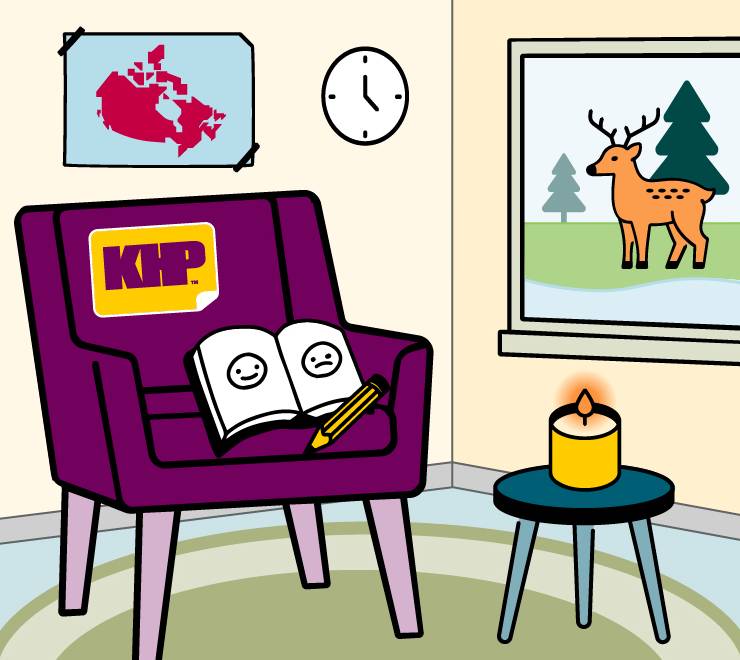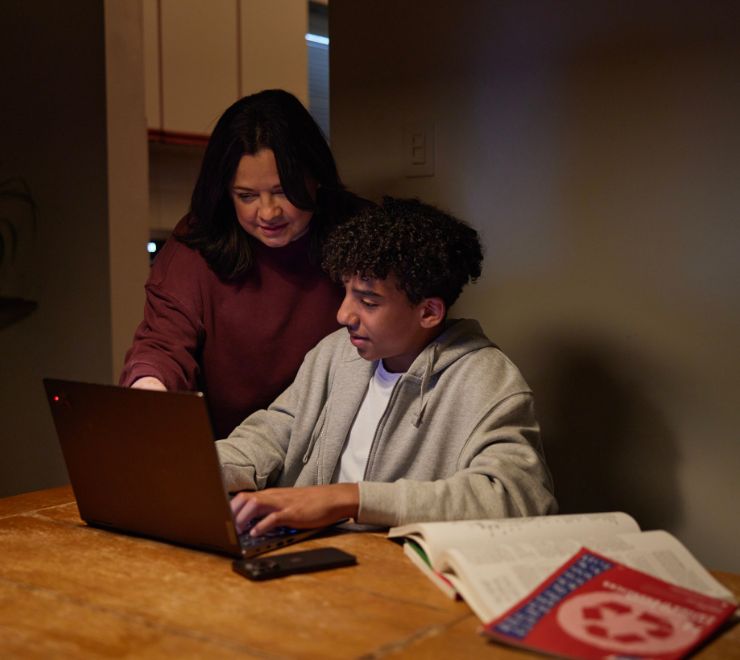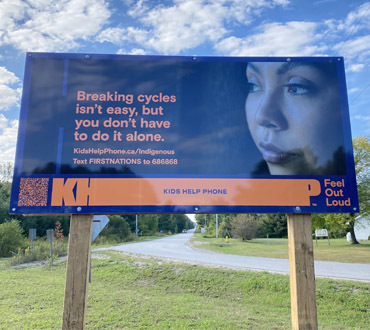Our hearts are with everyone impacted by the Humboldt Broncos tragedy that occurred on April 6, 2018. We share our
deepest condolences with the families and communities involved. Below you will find some words of encouragement and
messages of support from Kids Help Phone President & CEO, Kathy Hay, as well as our National Youth Council Chair,
Ben Sabic.
If you or someone you know has been affected by this event, we encourage you to reach out for support as you work
through your feelings and personal recovery. This might mean talking to someone you trust, like a friend, family member
or safe adult (teacher, counsellor, youth worker, etc.).
For immediate support, Kids Help Phone’s counsellors are available 24/7 at 1-800-668-6868 as well as during Live Chat hours. Young people in Saskatchewan,
as well as communities impacted by the tragedy, can now text CONNECT to 686868 to connect with a trained volunteer
Crisis Responder 24/7.
Dealing with grief and loss can bring up a
whole range of different emotions. Remember, all of your feelings are valid and can change from day to
day. Everyone experiences grief and loss differently. Some people cry a lot, while others feel too numb to
cry. Along with feeling sad, sometimes people feel angry, confused or guilty. You may not feel bad all of the time, and
that’s OK. You don’t have to force any feelings that don’t come naturally to you. With that in mind, healing and moving
on are different for each person, too.
Motor vehicle accidents can be experienced as traumatic events for those involved in the accident, those who lost loved
ones and those who witnessed the event. However — just as with the grieving process — how one person responds to trauma
may be very different from the way another person responds.
Sometimes, the emotional and psychological impact of a traumatic event can linger, long after the event is over. When
thoughts and memories of a traumatic event don’t go away or get worse, it may indicate that a person is struggling with
post-traumatic stress.
If you notice any of the following signs in yourself, or someone in your life, it’s important to get help:
-
- feeling too much or too little
-
- persistent feelings of sadness, anxiety, anger, rage, fear, hopelessness
-
- feeling numb
-
- consistently avoiding doing things or going places that remind you of the traumatic event
-
- flashbacks, reliving the event over and over
-
- difficulty concentrating, memory problems
-
- freezing or blanking out
-
- difficulty sleeping, nightmares
-
- becoming isolated or withdrawn, not interested in activities you once enjoyed
Community support can be found through Resources Around Me, Kids Help Phone’s interactive map-based tool of
programs serving young people in Canada. Youth can search by location and category to find support in their local
community including mental health, counselling, health services, legal information and more.
Messages of support
“We are here for your team @KidsHelpPhone anytime – and anyone needing support. Our hearts are filled sadness for your
loss. Sending our thoughts and love!”
— Tweet from Kathy Hay, Kids Help Phone President & CEO
For Kids Help Phone’s official statement, please read the following announcement.
“On behalf of the Kids Help Phone organization and Kids Help Phone’s National Youth Council, we would like to express
our deepest condolences to the SJHL’s Humboldt Broncos and the City of Humboldt. Additionally, we would like to thank
the Royal Canadian Mounted Police (RCMP) officers, STARS Air Ambulance flight crew and paramedics, Provincial Response
Team, and other first responders and medical professionals who treated – and continue to treat the victims of this
horrific accident.”
— Message from Ben Sabic, Kids Help Phone National Youth Council Chair
To read Ben’s full statement of support, please click here.
Remember, your mental health and well-being are essential. If you’re experiencing grief, loss or post-traumatic
stress, it’s important to get help. Talking to someone you trust can be a good first step to getting
support. Be patient with yourself and remember that you will get through this.











